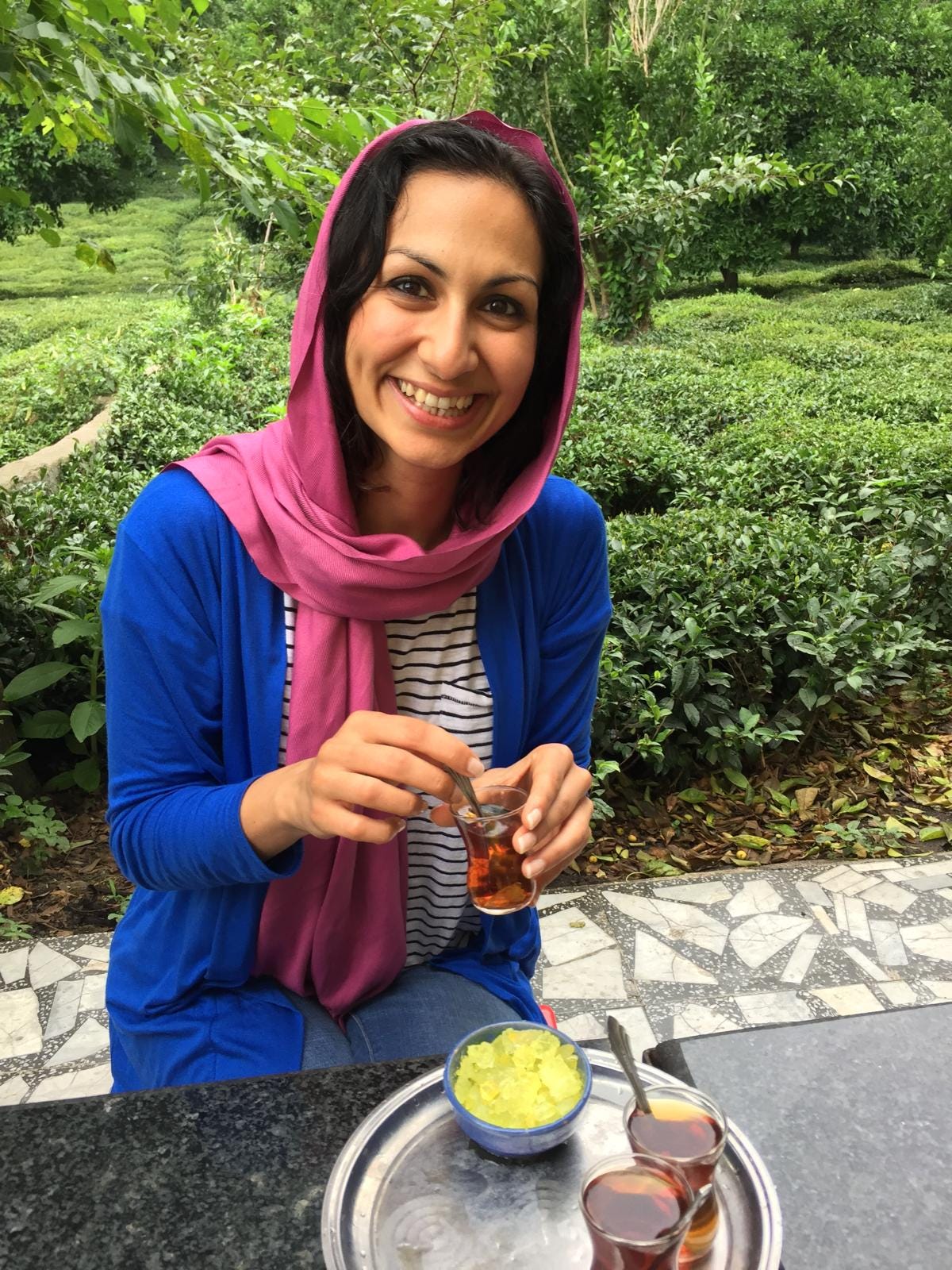How to Cook a Book
Yasmin Khan and being part of the conversation
This time next week, I’ll be getting the house ready for the next food writers retreat at my house in East Sussex. They’ll bring their patchwork of ideas, some more stitched together than others, and we’ll weave them over the next couple of days and evenings into something that looks much more like what they’ve always wanted to say.
I ask them three mai…
Keep reading with a 7-day free trial
Subscribe to Gilly Smith's Substack to keep reading this post and get 7 days of free access to the full post archives.


